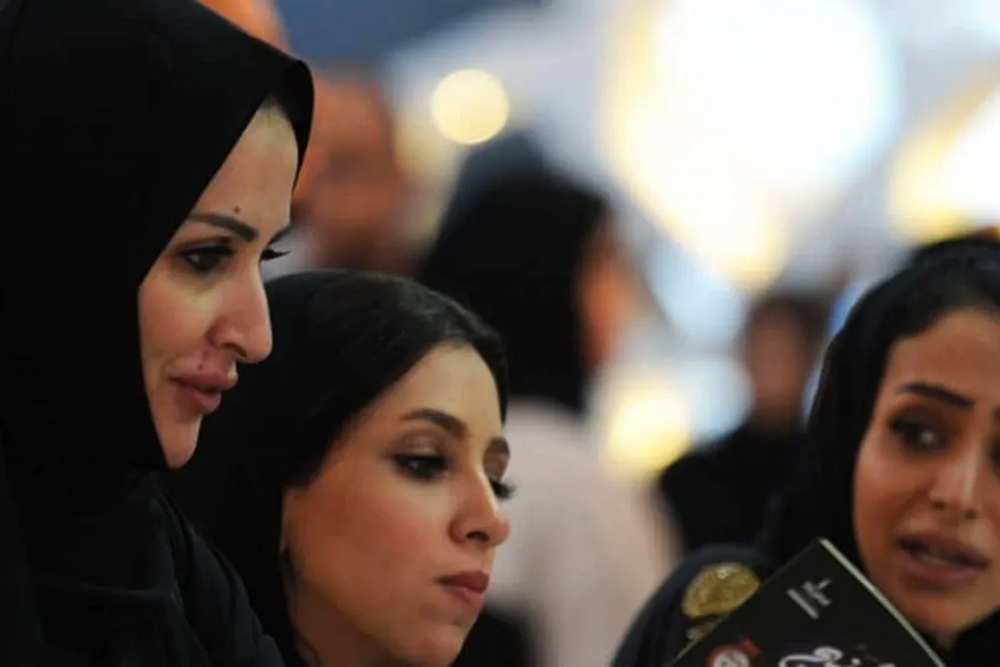
As part of its Vision 2030 program, the Kingdom of Saudi Arabia has been putting female empowerment at the forefront. Having women join the workforce is seen as crucial in providing Saudi Arabia the manpower to diversify its economy from oil production. Following key royal decrees and various initiatives, the Kingdom has made significant progress in providing job opportunities for women in the labor market, while easing restrictions and facilitating mobility.
Meet Tatiana Rahal, the impressive businesswoman who is the managing director of @Talabat UAE: https://t.co/Gpk1T7I5Xn pic.twitter.com/qQ3KoDyJNV
— About Her (@AboutHerOFCL) March 31, 2022
According to American research group Brookings, female participation in the workforce reached 33 percent by 2020, a decade earlier than anticipated, and that figure is projected to increase. Hence, it's important to know how Saudi Arabia has been assisting its women in entering the workforce.
Firstly, workplaces are now required to uphold equality for both male and female staff, whether it is equal job opportunity or equal pay. Under Chapter Nine of the Labor Law, it is also now illegal to discriminate based on gender. In addition to equal pay, workplaces are required to offer maternity leave with paid wages for expecting mothers, as well as employers with over one hundred female staff providing daycare for parenting staff.
Hosted by @RahaMoharrak, this series features six episodes chronicles the stories of high-achieving women from the region.https://t.co/qOOzg5nPZv
— About Her (@AboutHerOFCL) March 31, 2022
Indeed, over the past few years, the Kingdom’s Shoura Council has passed a number of laws and proposed amendments to advance and protect the rights of women in Saudi Arabia, many that focus on increasing opportunities for employment, and also on including more women in leadership roles and positions of authority.
In addition to legislative efforts, Saudi authorities have stepped in to subsidize transportation for working-class women over the years. Essentially, female employees now have the opportunity to apply for discounts via the Wusool program. This also covers taxi services such as Uber, and it includes both trips from home and from work.
Ramadan is the perfect time to look inwards and approach fashion with mindfulness.https://t.co/fHlIsviqlI
— About Her (@AboutHerOFCL) April 1, 2022
Following reforms in the workplace, higher education now plays a crucial role in preparing women for the labor market. In recent years, many more female students have pursued a higher education, many of whom benefit from scholarship programs and oversea education. Furthermore, the Ministry of Education is reforming the educational sector, with universities preparing students for emerging fields such as STEM and promising sectors.



























